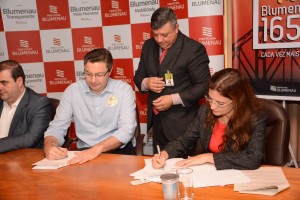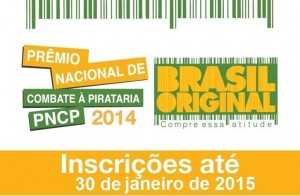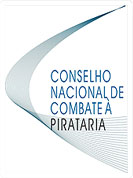Attorney General of the State of Massachusetts, USA, barred a Thai seafood processor for illegal use of IT in its business operations; the first application of the american law against unfair competition is a warning to Brazilian companies operating in this market
On October 18, in compliance with the law to combat unfair IT competition, Massachusetts Attorney General Martha Coakley took legal action against a Thai seafood exporter who makes illegal use of Information Technology (IT) to reduce your operating costs. The prosecutor demanded that the company adapt IT and pay a fine to continue operating in the United States. This was the first American penalty against exporting companies after the creation of laws to combat unfair IT competition.
According to Gérson Schmitt, president of ABES (Brazilian Association of Software Companies), this movement against infringing companies can be a great opportunity for Brazil, as it is the country with the lowest piracy rate among emerging countries: 53%, while China reaches 77%.
“Brazilian companies only have reasons to benefit from legalized IT. Brazil can differentiate itself in the market compared to those that do not use licensed IT and protect its business against possible interruptions and improve its global reputation ”, says Schmitt.
American anti-piracy laws
Schmitt explains that this attitude was not surprising, given the growing pressure from American lawmakers and officials seeking to curb unfair competition and ensure global equality of suppliers and manufacturers.
The application of general rules to combat unfair competition for this purpose reflects the movement initiated in states such as Washington, Massachusetts and Louisiana, which came to adopt specific laws to curb unfair competition caused by the use of illegal information technology. These standards are intended to ensure that products traded on the American market are manufactured with licensed IT.
Awareness of Brazilian businessmen
"We are working in Brazil with education campaigns to ensure that Brazilian companies are fully aware of the barriers they may face in accessing the American market, as they do not use legalized software", says the president of ABES.
Earlier this year, ABES launched the “Exporte Legal” campaignwww.exportelegal.com.br in partnership with ETCO - Brazilian Institute of Competitive Ethics, MBC - Competitive Brazil Movement and CNCP - National Council to Combat Piracy, with the aim of alerting and encouraging Brazilian businesspeople to take responsibility for their IT, through appropriate licensing. For the month of November, the launch of the second phase of the campaign is scheduled, with the theme “Legal Entrepreneur”, which will bring a portal of complaints against software piracy.
“Various sectors of the industry will have great opportunities with the application of unfair competition rules in IT, such as the automobile, technology, textile and food products industries, among others. These segments today are responsible for several local jobs, and have the possibility of having a great competitive gain in the international market the greater the percentage of legality in relation to the use of IT ”, concludes Schmitt.






